
Through the Lens: Ju Shen Lee's Journey to Document the Beauty and Bonds in South East Asia
In a revealing interview, Ju Shen Lee, the celebrated winner of the National Awards – Singapore at the 2024 Sony World Photography Awards, known for the evocative “Elephant Sand Bath” photograph, shared deeper insights into her photographic journey and the profound connections she’s encountered along the way.
Approximately twelve years ago, Ju Shen embarked on her path toward photographic distinction. During the golden age of film photography in the 1980s, the prohibitive cost initially dissuaded her, leading her to find joy in athletics. Eventually, she redirected her focus to her longstanding zeal for photography. Through a combination of self-teaching, participation in multiple courses, and the rich array of educational materials available on YouTube, Ju Shen cultivated a deep-seated love for the art of photography, willingly accepting the myriad challenges and opportunities that came with it.
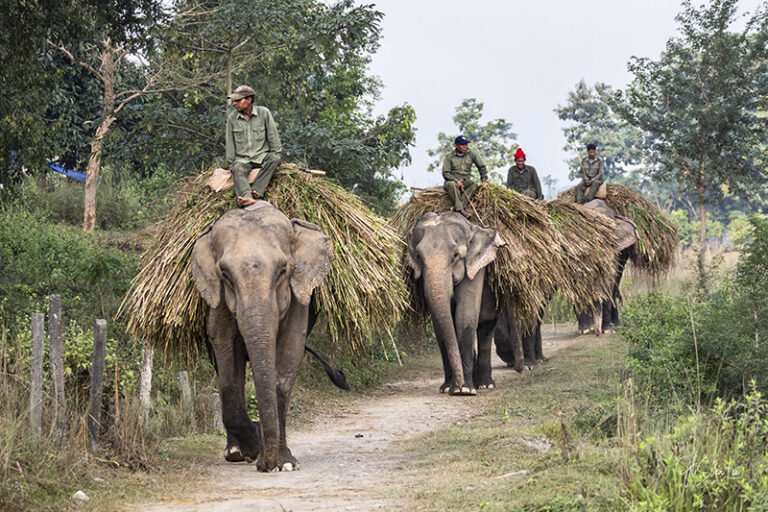
Ju Shen captures the essence of ‘Real. Life. Photos.’ that spotlight the resilience and resourcefulness of individuals in secluded regions, a cornerstone of her work. Central to this approach is her commitment to photographing people within their natural settings, embracing the traditional storytelling method of illustrating genuine moments without artificial poses.
The focus of her photographic journey is on the simple yet profound activities that constitute daily life, whether it’s cooking, fishing, or other routines that carry a deeper significance. There is a rich narrative in chronicling the ephemeral moments of current generations, whose ways of life and customs are rapidly changing or disappearing as they shift towards urban locales.
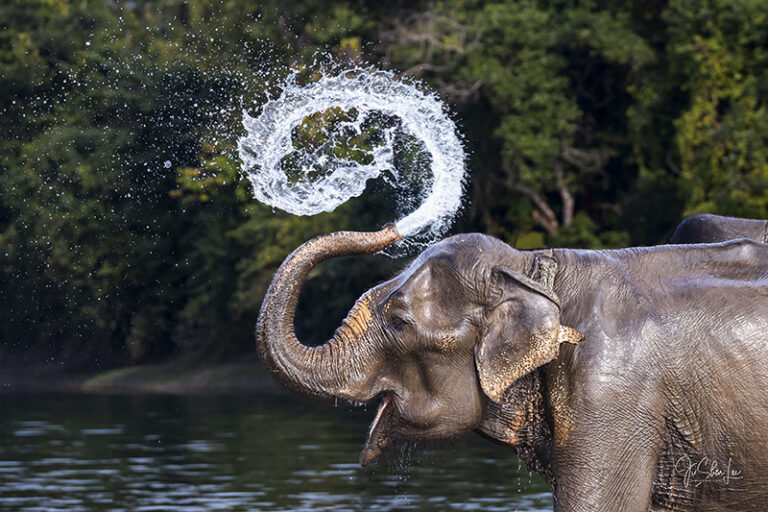
In capturing these fleeting moments, photography serves as a conduit, bridging the cultural and historical nuances of diverse communities. It’s about documenting the unvarnished truth of their existence before inevitable changes alter their way of life forever. This endeavor is not just about preserving images but about ensuring that future generations have a window into a world that once was, making every photograph a testament to the enduring spirit and cultural heritage of its subjects.
Ju Shen’s recent adventure took her to the Tiger Tops Tharu Lodge in Nepal, immersing her in wildlife safaris and cultural experiences that foster deep connections with the natural world and its majestic inhabitants, particularly a herd of 12 Asiatic elephants. This experience provided an intimate understanding of the elephants’ personalities, behaviors, and the ethical interactions facilitated by the lodge.
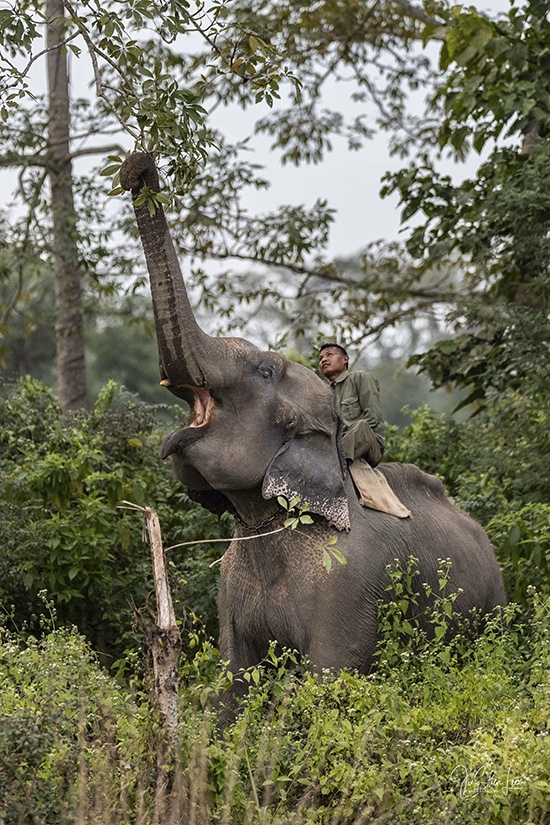
Ju Shen’s decision to explore Nepal stemmed from a desire to understand the diverse cultures and environments of Asia, her “own backyard,” after living abroad. This led her to visit several countries in the region, with Nepal standing out for its unique blend of natural beauty and cultural richness. Ju Shen’s trips to Nepal, focused on both the highlands and lowlands, revealed the profound relationship between humans and animals, particularly between mahouts and their elderly elephants, highlighting stories of care, respect, and mutual coexistence that are often overlooked in today’s self-centered world.
The interactions between the mahouts and elephants, especially the care provided to older elephants, resonated deeply with Ju Shen, showcasing a side of Nepal that many are unaware of. From applying ointment to wounds to preparing specialized meals for elephants with dietary needs, these acts of kindness revealed a deep bond and mutual respect between humans and animals, inspiring Ju Shen to share these touching stories with the world.
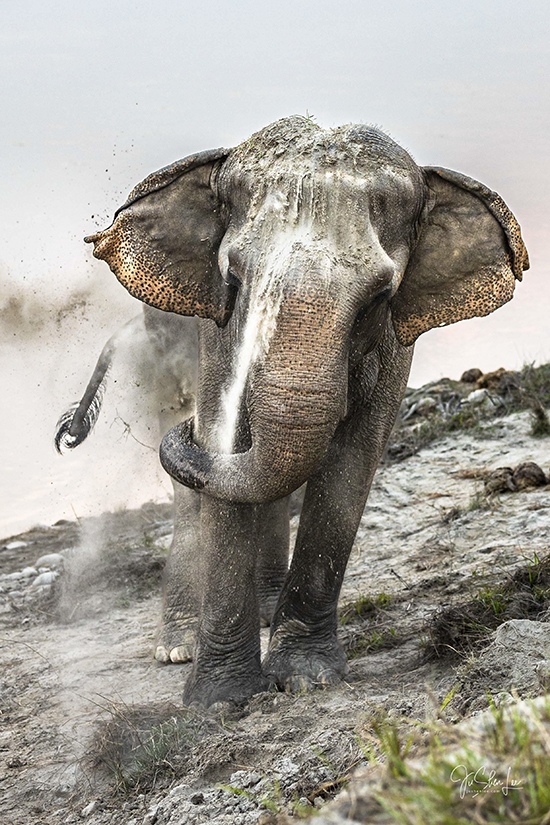
The story behind the acclaimed photograph emerges from understanding the delicate nature of elephants’ skin, which necessitates unique adaptations for protection against the sun’s rays and insect bites. Observing these majestic creatures along the Narayani River, one of the region’s key waterways, provided the perfect backdrop for this phenomenon. Elephants, employing their trunks with remarkable precision, engage in the practice of dusting themselves with sand, mirroring the application of sunblock by humans to prevent sunburn and mosquito bites. In a particularly touching scene, Pawan Kali, one of the elephants, took the ritual a step further by scooping up water to pour over itself. Capturing this moment from a respectful distance of about 30 meters, the photograph encapsulates the elephants’ instinctive behavior in their natural habitat, highlighting the intersection of the wild and the wonderfully mundane.
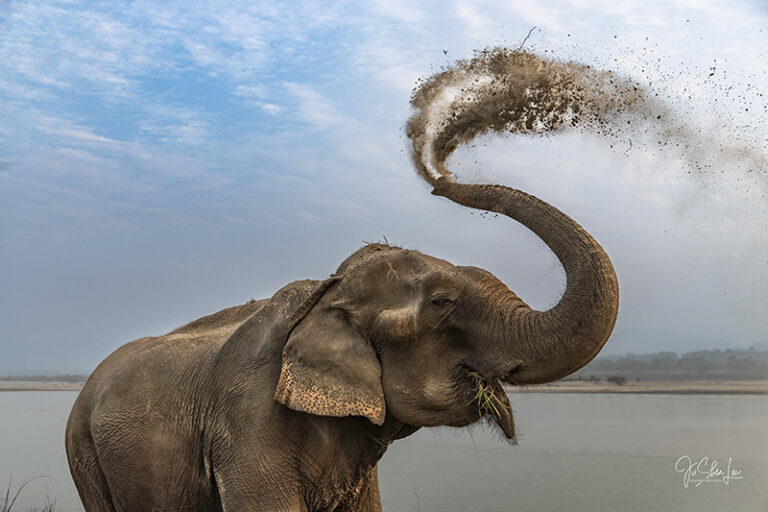
Currently, Ju Shen is working on a coffee table book that captures the essence of her experiences, focusing on the day-to-day interactions between elephants and mahouts. This project aims to celebrate the unspoken heroes of the animal world and their profound connections with these magnificent creatures, offering readers a glimpse into the arc of daily life and the mutual respect that defines these relationships.
Ju Shen’s work not only highlights the beauty of remote regions and the resilience of their inhabitants but also reflects a deep commitment to storytelling that honors the authenticity and dignity of its subjects, providing a powerful visual narrative that bridges cultural and environmental awareness. As Ju Shen continues to share her experiences through speeches and collaborations with institutions like the Royal Geographical Society, her work serves as a vital reminder of the importance of open-hearted and open-minded exploration, the art of visual storytelling, and the lasting impact of genuine connections forged across the globe.
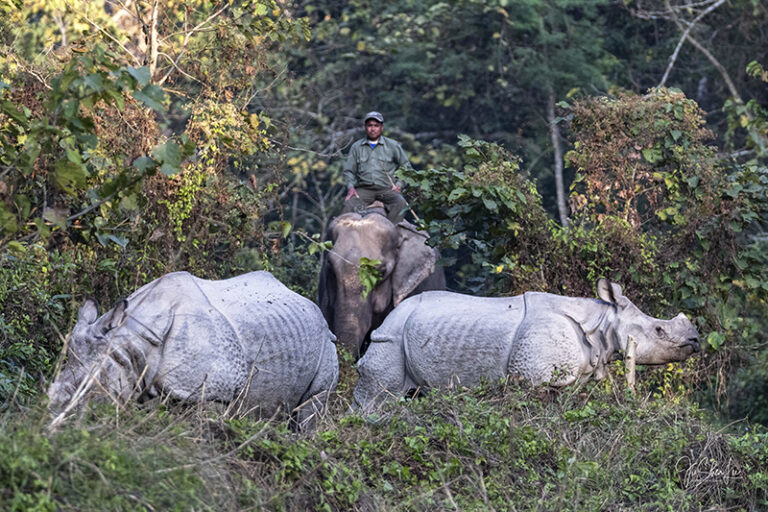
Note: The success of Ju Shen’s photographic expeditions hinges on collaborations with local experts aligned with her vision. For the mahouts and elephant project, culminating in the “Elephant Sand Bath” photo, she partnered with Tiger Tops for their deep insight, knowledge, and unique access to subjects.
For over 4,500 years, elephants have been integrated into human life, utilized for labor, entertainment, and ceremony. This ancient relationship has been revolutionized by Tiger Tops, who first ceased elephant-back safaris and advocated for jungle-walking safaris, a practice where mahouts and elephants work as a team to ensure safety from wildlife. Since 1971, Tiger Tops has been a pioneer in conservation within Chitwan National Park, focusing on numerous critically endangered species, including elephants and tigers. Their initiatives span across conservation, local community support, and environmental sustainability. Tiger Tops stands out for its local-employment policy and for funding a nursery school, underpinning its commitment to the community.